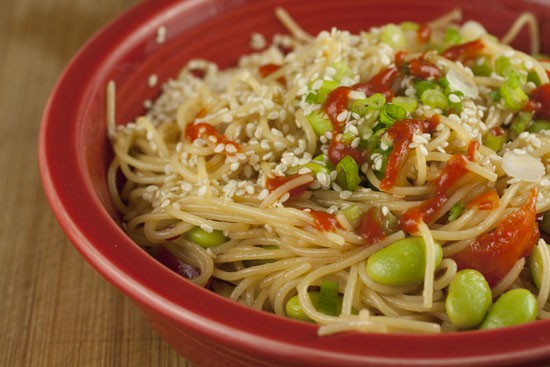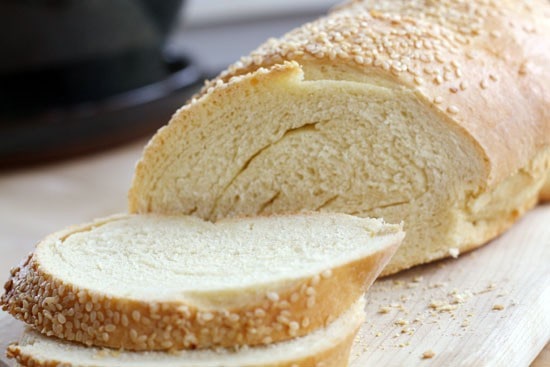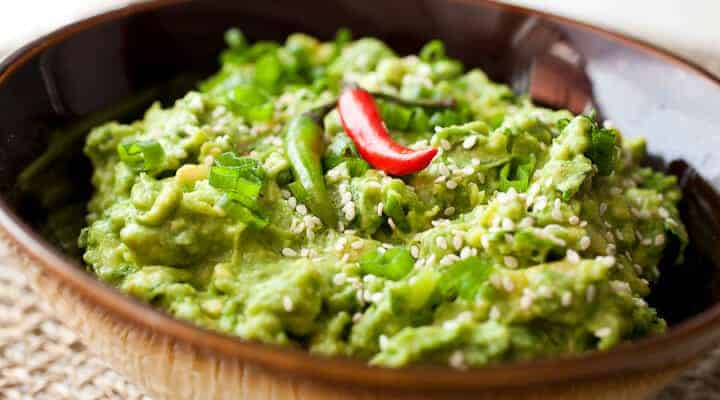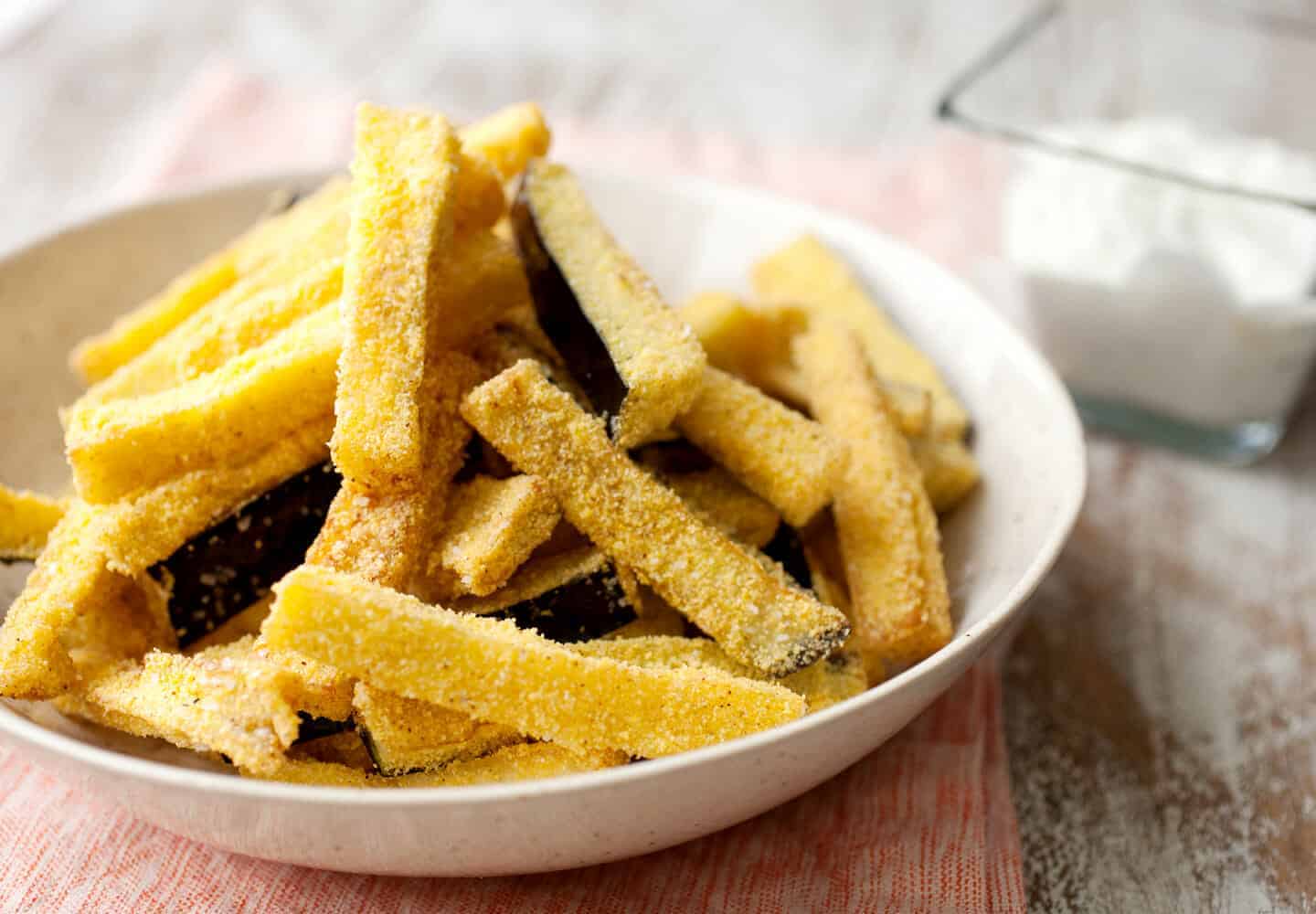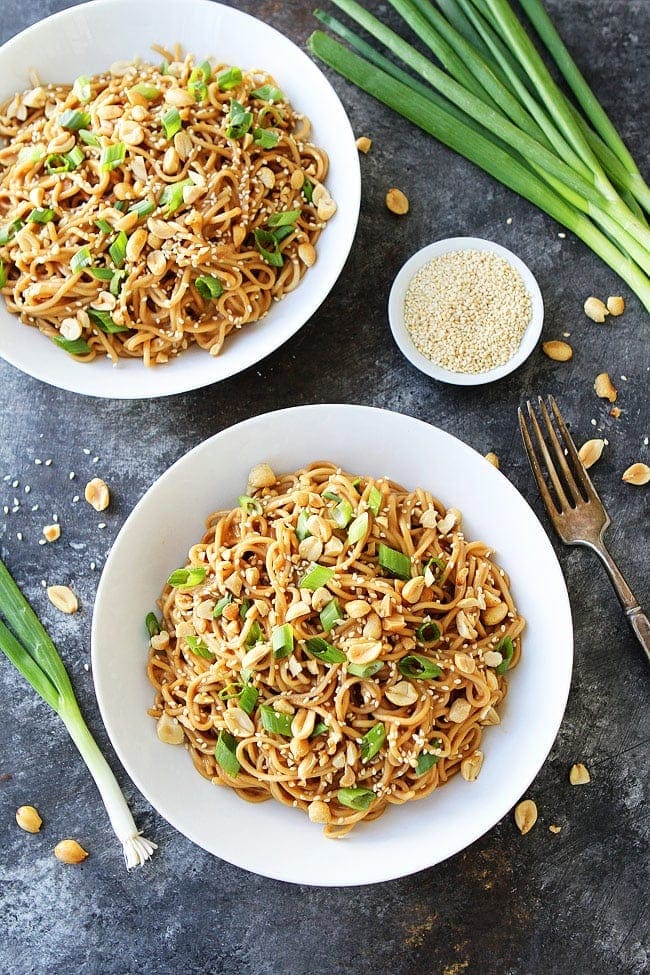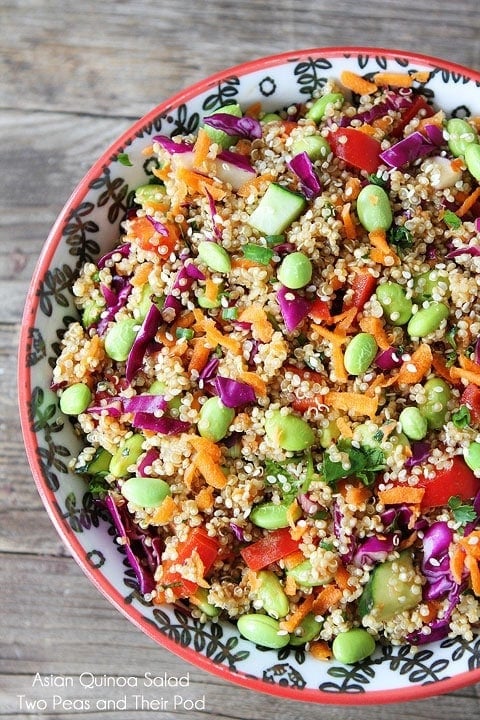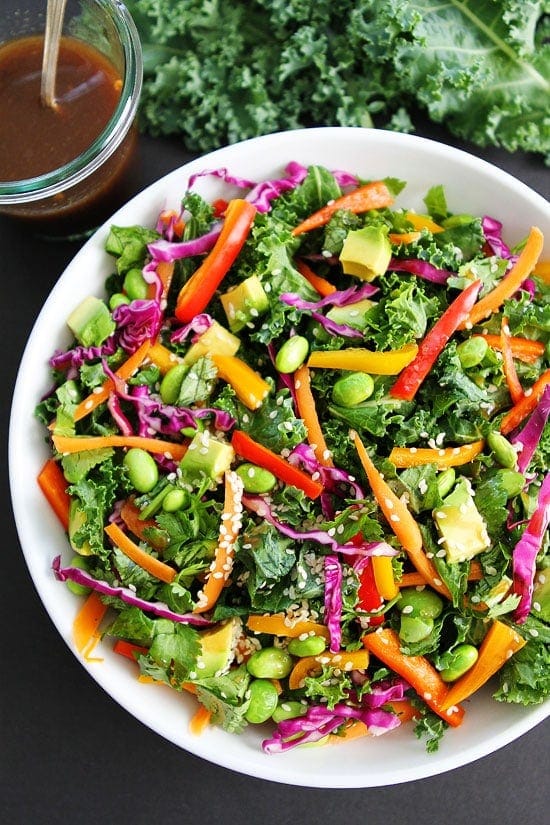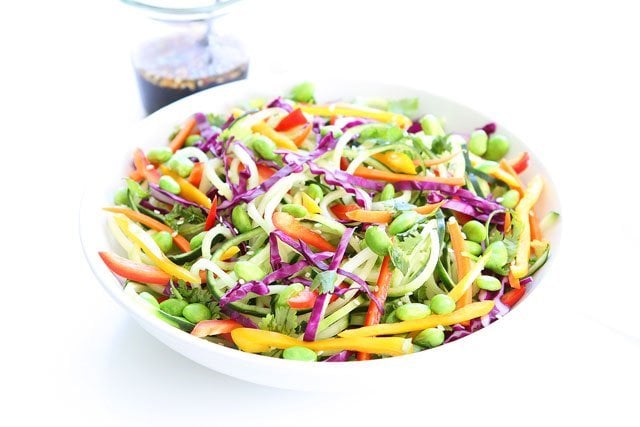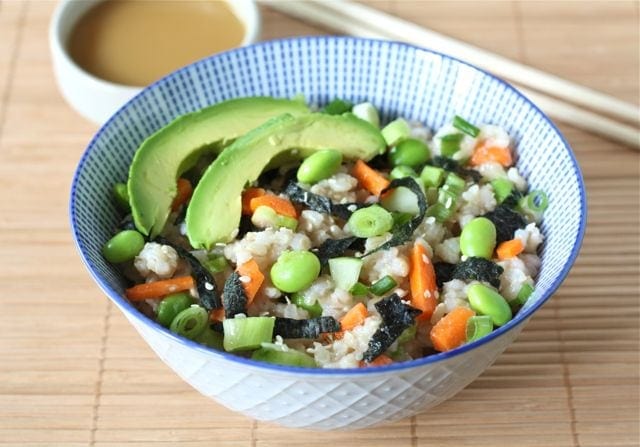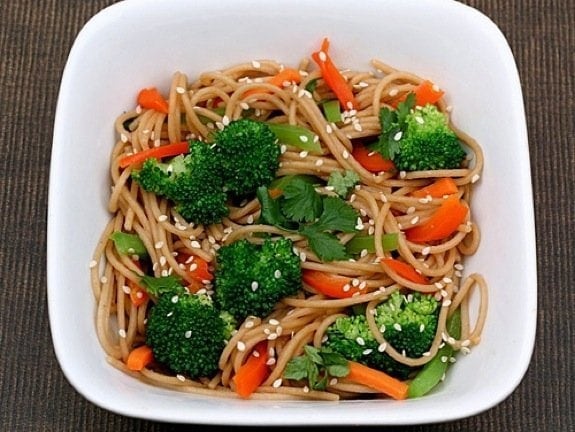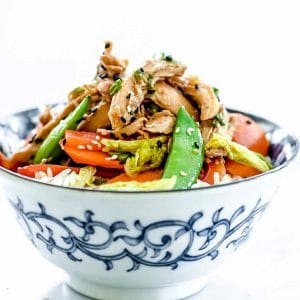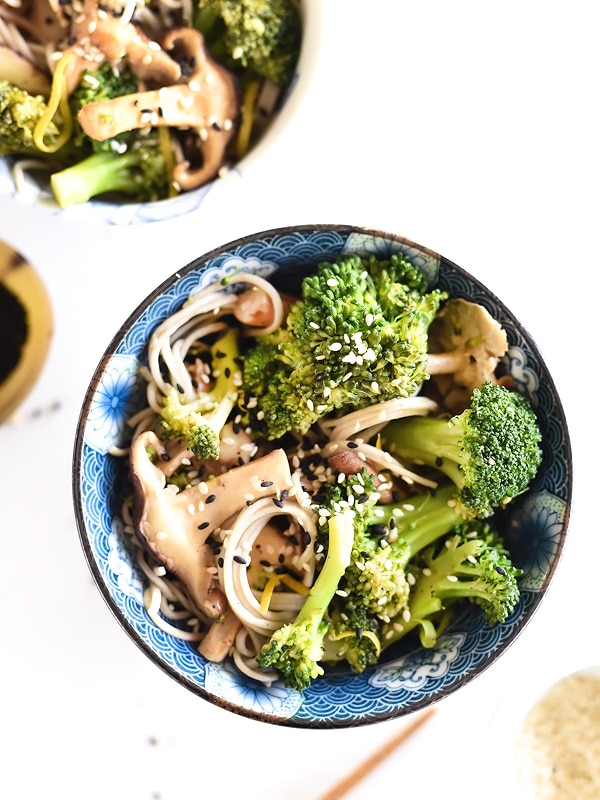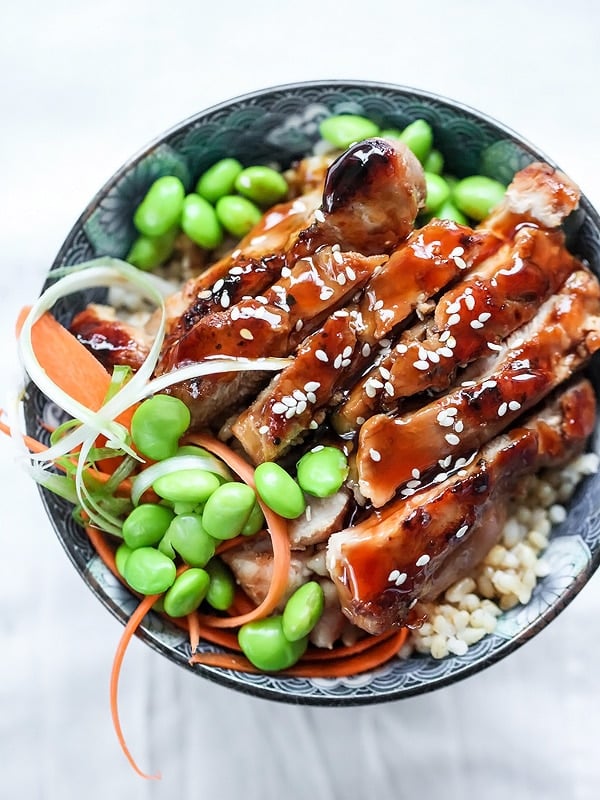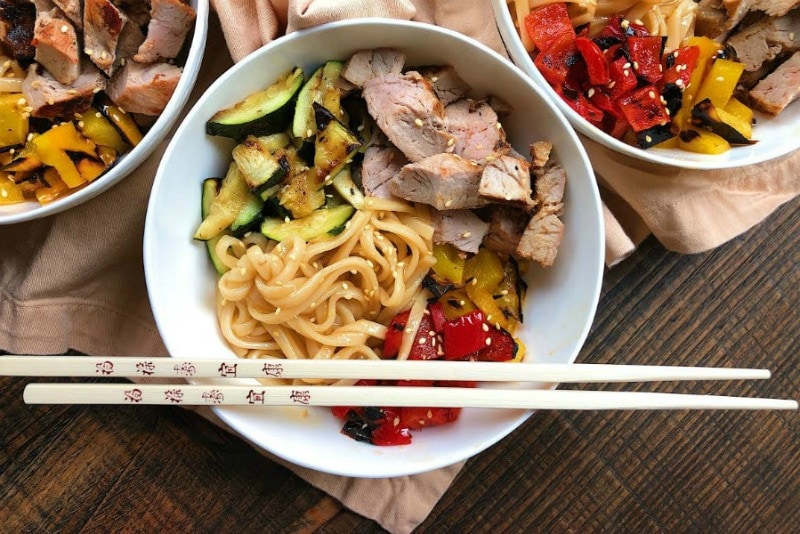Sesame Seeds: Important Facts, Health Benefits, and Recipes
Explore the health benefits, culinary uses, and history of sesame seeds in our ultimate guide, and learn how to incorporate these nutrient-packed seeds into your diet.
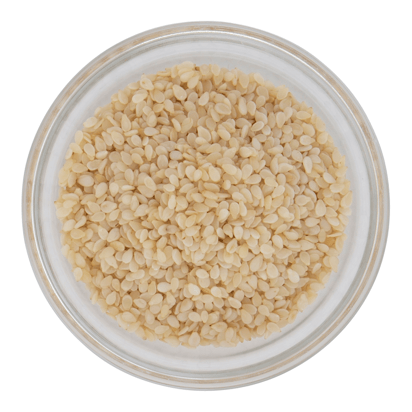
Nutritional Facts
1 tbsp
Amount per serving
Calories
51.6
Carbohydrates
2.1 g
Fat
4.5 g
Protein
1.6 g
Saturated Fat
0.6 g
Sodium
1 mg
Fiber
1.1 g
Sugar
0 g
Best Sesame Seeds Recipes
-
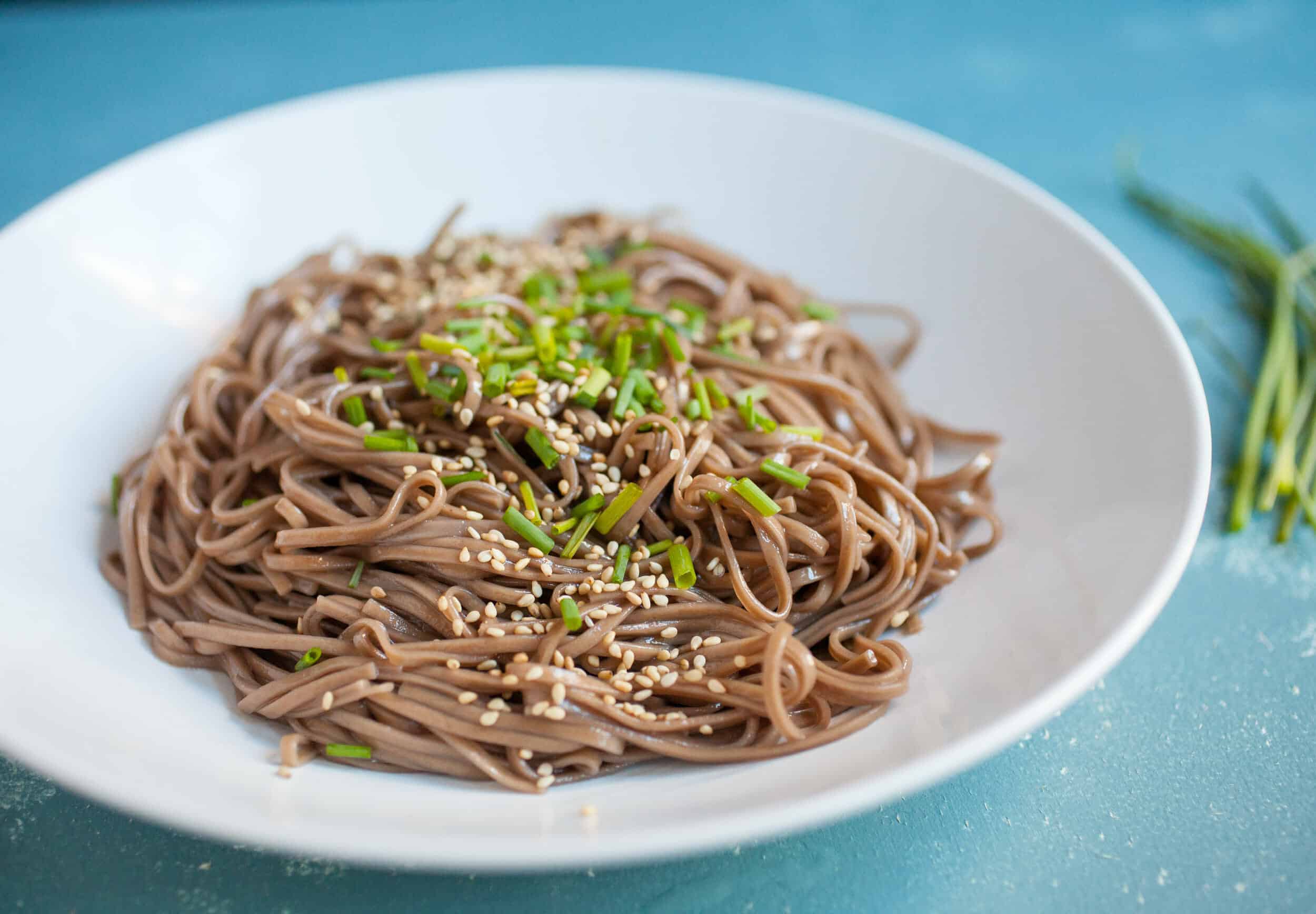
-
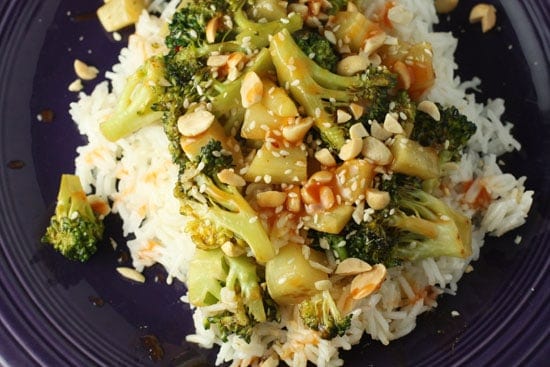
-

-

-

-

-

-

-
![Swiss Chard Chips Image]()
-
![Charred Shishito Peppers Image]()
-
![Sheet Pan Tempeh Buddha Bowls Image]()
-
![Sesame Angel Hair Pasta Image]()
-
![Semolina Bread Image]()
-
![Thai Guacamole Image]()
-
![Kaiser Rolls Image]()
-
![Sticky Chicken Wings with Chili Garlic Sauce Image]()
-
![Roasted Garlic Peanut Noodles Image]()
-
![Eggplant Fries Image]()
-
![Asian Inspired Cucumber Salad Image]()
-
![Takeout Sesame Noodles Image]()
-
![Korean BBQ Chickpea Bowls Image]()
-
![Asian Quinoa Salad Recipe Image]()
-
![Honey Sesame Chicken {Instant Pot} Image]()
-
![Asian Kale Salad Image]()
-
![Asian Cucumber Noodle Salad Image]()
-
![Cauliflower Steaks with Ginger-Soy Sauce Image]()
-
![Sushi Salad Image]()
-
![Whole Wheat Noodles with Peanut Sauce and Vegetables Recipe Image]()
-
![Chinese Chicken Salad with Sesame Dressing Image]()
-
![Chicken and Mango Rainbow Veggie Wraps Image]()
-
![Slow Cooker Teriyaki Chicken Rice Bowls Image]()
-
![Crispy Baked Chicken Wings Image]()
-
![Korean BBQ Burgers 3 Ways with Spicy Asian Slaw Image]()
-
![Quick Korean Spicy Slaw Recipe Image]()
-
![Sesame Shrimp With Asian Greens Rice Bowl Image]()
-
![Slow Cooker Sriracha Meatballs Image]()
-
![Crockpot Teriyaki Chicken Image]()
-
![Korean Beef Bulgogi Bowls Recipe Image]()
-
![Korean Beef Bulgogi Image]()
-
![Grilled Teriyaki Cauliflower Steaks with Asian Gremolata Image]()
-
![Beef with Broccoli Image]()
-
![Broccoli and Shiitake Mushroom Soba Noodles Image]()
-
![7 Spice Teriyaki Chicken Rice Bowls Image]()
-
![Seared Ahi Tuna with Asian Avocado Salsa Image]()
-
![2 Ingredient Bagels Image]()
-
![Grilled Pork and Vegetable Teriyaki Noodle Bowls Image]()
-
![General Tso's Chicken Image]()
-
![Slow Cooker Lemon Chicken Image]()





